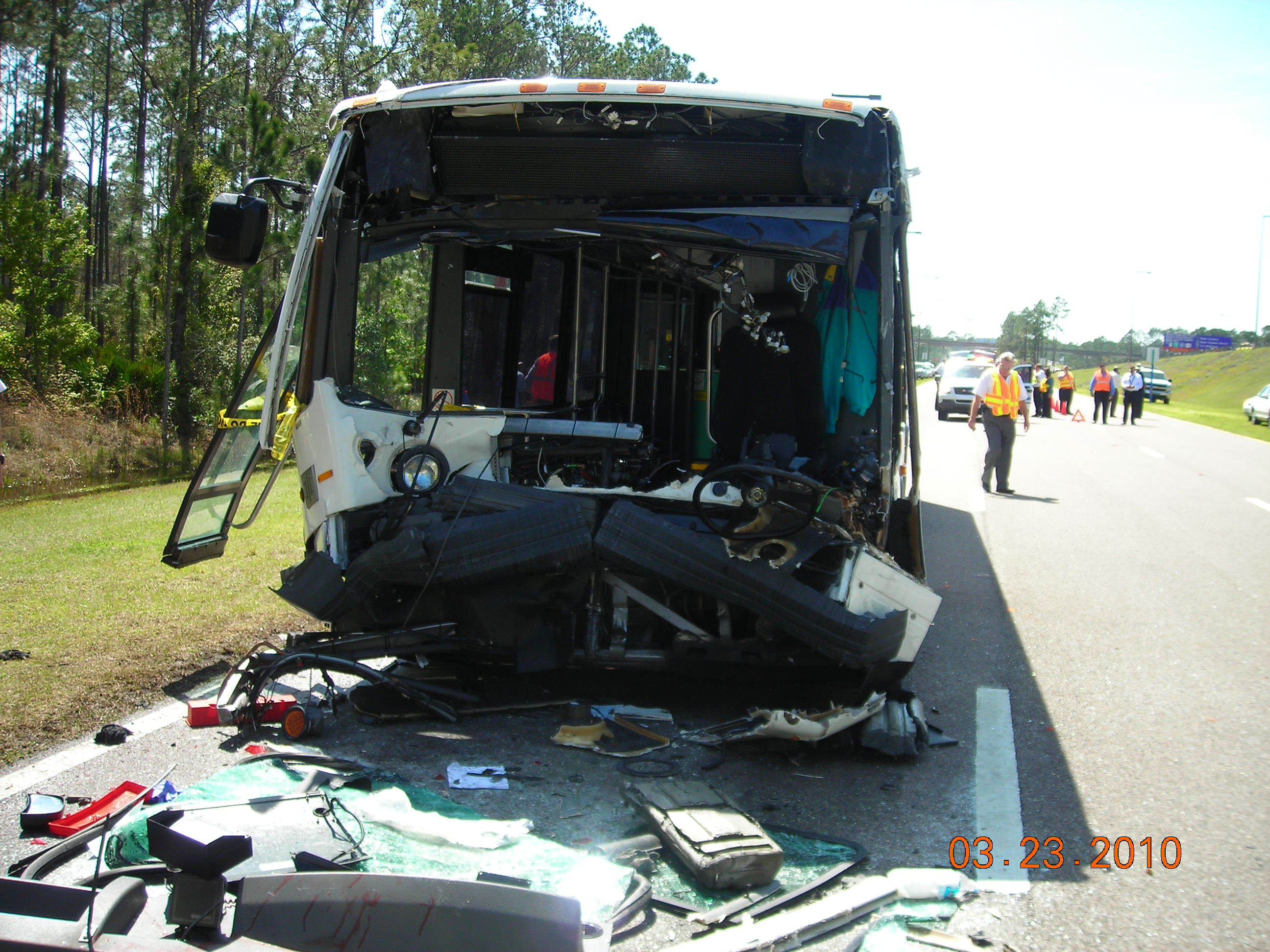 Whenever an insured makes a claim, one of the first things every insurance company does is try to figure out ways to deny the claim. Common methods are to assert that the loss is not covered under the policy or that the insured has failed to cooperate with the carrier. Another popular practice is to rescind the insurance contract based on charges of misrepresentation, omission, concealment of fact or incorrect statement in an application for insurance. This method is authorized by Section 627.409(1) of the Florida Statutes, and can even be based on non-intentional misstatements.
Whenever an insured makes a claim, one of the first things every insurance company does is try to figure out ways to deny the claim. Common methods are to assert that the loss is not covered under the policy or that the insured has failed to cooperate with the carrier. Another popular practice is to rescind the insurance contract based on charges of misrepresentation, omission, concealment of fact or incorrect statement in an application for insurance. This method is authorized by Section 627.409(1) of the Florida Statutes, and can even be based on non-intentional misstatements.
While the law does not favor the forfeiture of rights under an insurance policy, see Johnson v. Life Insurance Company of Georgia, 52 So.2d 813, 815 (Fla. 1951), beating back 627.409 charges can be difficult. To prevail under 627.409, the carrier need only show any of the following:
(a) The misrepresentation, omission, concealment, or statement is fraudulent or is material either to the acceptance of the risk or to the hazard assumed by the insurer.
(b) If the true facts had been known to the insurer pursuant to a policy requirement or other requirement, the insurer in good faith would not have issued the policy or contract, would not have issued it at the same premium rate, would not have issued a policy or contract in as large an amount, or would not have provided coverage with respect to the hazard resulting in the loss.
These are not especially difficult standards for carriers to meet. Moreover, while carriers sometimes prey on the vulnerable by rescinding based on flimsy or non-existent evidence, not expecting the insured to fight back, more frequently their evidence contains some modicum of substance. Notwithstanding these hurdles, insureds do have a fighting chance under Florida law.
Waiver. “[W]hen an insurer has knowledge of the existence of facts justifying a forfeiture of the policy, any unequivocal act which recognizes the continued existence of the policy or which is wholly inconsistent with a forfeiture, will constitute a waiver thereof.” Johnson at 815. The elements of waiver are: (1) the existence at the time of the waiver of a right, privilege, advantage, or benefit which may be waived; (2) the actual or constructive knowledge of the right; and (3) the intention to relinquish the right. Capital Bank v. Needle, 596 So.2d 1134 (Fla. 4th DCA 1992); Taylor v. Kenco Chemical & Mfg. Corp., 465 So.2d 581 (Fla. 1st DCA 1985).
Johnson involved a life insurance policy. Following the insured’s death, the carrier sought to rescind the policy based on misrepresentation. It was clear that the insurance application contained material misrepresentations concerning the insured’s health and medical treatment before issuance of the policy. It was also uncontroverted that the insurance agent became aware of the misrepresentations only two months after the date of the issuance of the policy, yet the carrier continued to accept and collect premiums with constructive notice of these facts. (The carrier did not challenge that the knowledge acquired by the agent was imputable to it, the principal, even though the agent might not have communicated the information to the company. On this issue, the Johnson court wrote: “[U]nder the circumstances here present the knowledge of the agent is imputable to his principal whether disclosed by him to it or not, and the company will be bound by such knowledge. See National Life & Accident Ins. Co., Inc., v. Travis et al., Tex. Civ.App., 128 S.W.2d 867; Poole v. Travelers Ins. Co. et al., 130 Fla. 806, 179 So. 138.”)
Failing to take acts necessary to effectuate rescission. In Leonardo v. State Farm Fire & Casualty Company, 675 So.2d 176 (Fla. 4th DCA 1996), a case involving a theft policy, the court of appeal reversed summary judgment for the carrier in a rescission case because, in part, the carrier did not remit, or even make a tender of, any premiums paid by the insured for the allegedly void policy. (The appeal court also reversed on waiver grounds, because State Farm continued to bill the insured and accept payment of premiums for a considerable period of time after denying his claim, and after notifying him of its intent to void the policy.)
Continue reading
 Parties to legal actions should always assume that their social media (e.g., Facebook; Twitter) postings will be discovered (discovery is allowed by FRCP 1.350; Discovery of Facebook Content in Florida Cases, 31 No. 2 Trial Advoc. Q 14 (Spring 2012)) and used against them by the other side if helpful. Postings can be used to contradict assertions made in a legal case and sometimes lead to the outright dismissal of actions by the court based on fraud.
Parties to legal actions should always assume that their social media (e.g., Facebook; Twitter) postings will be discovered (discovery is allowed by FRCP 1.350; Discovery of Facebook Content in Florida Cases, 31 No. 2 Trial Advoc. Q 14 (Spring 2012)) and used against them by the other side if helpful. Postings can be used to contradict assertions made in a legal case and sometimes lead to the outright dismissal of actions by the court based on fraud.  Florida Injury Attorney Blawg
Florida Injury Attorney Blawg


 Florida workers severely injured at work sometimes qualify for both workers’ compensation permanent total disability benefits (PTD)
Florida workers severely injured at work sometimes qualify for both workers’ compensation permanent total disability benefits (PTD) 






